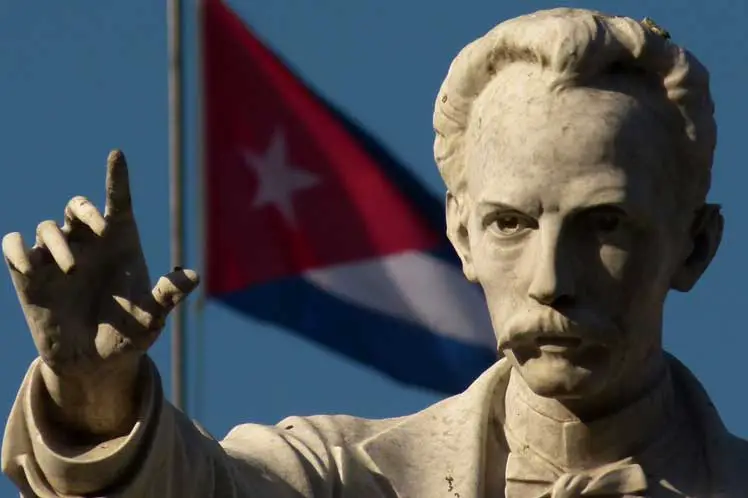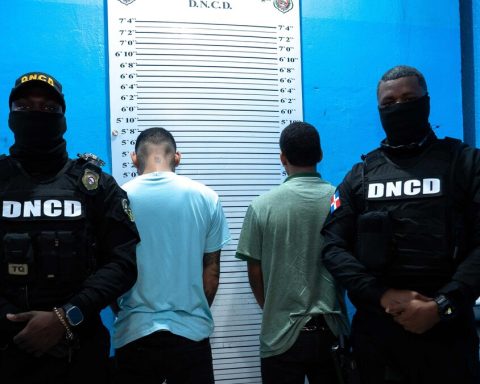AND
in a documentary From the German public television channel (DW) appears a man who lives in a van on the outskirts of Silicon Valley: “A few years ago – he explains – I lived in a house where I paid $2,000 a month in rent. With the arrival of the millionaires, the rent increased to 5 thousand dollars. I can’t leave, here I work. Who calls this a democracy [al sistema estadunidense]He is totally wrong.” Silicon Valley is the region in the world with the highest concentration of millionaires per square meter and, at the same time, with the most people and families living without a home. If today one wanted to define a definition of what democracy is, the opinion of that evicted worker would perhaps offer a fairly precise measure: a political and social system capable of guaranteeing a dignified life for the majority of its population. And yet, the dominant concept of democracy not only departs from that vision, but moves, in a certain way, in the opposite direction. In the current semantics, it is reduced to a system of political parties that compete for a vote market regardless of whether it is at the service of economic elites and oligarchies or not. Even at the cost of neglecting the minimum individual guarantees. Another of the aberrations introduced by neoliberal rhetoric in the political sphere.
The history of the modern concept of democracy dates back perhaps to 1660, the year in which the English revolution found its most enduring order: the parliamentary monarchy. Ten years later, Spinoza ruled out that this new form of government admitted that definition. The parliamentary monarchy could not represent more than a democracy for a few
, which was tantamount to an oxymoron. In other words, a democracy of elites. Just one Democratic Republic
which would guarantee the civil integrity of all
He deserved that title. In other words: a democracy societal. Locke, on the other hand, vindicated the English solution as a pathway to representative government
. One hundred years later, Kant and Rousseau, on the eve of the French Revolution, refuted Locke’s idea.
And yet, the idea survived – and remains paradoxically active to this day. If you look at, for example, the democracies of the 19th century, they are mostly governments elected by 4 or 5 percent of the population (who had property), essentially dedicated to protecting the interests of that minority. Only in the 20th century, with the irruption of the universal vote, Spinoza’s concept began to make sense. Although it would not be until the 50s, after the Second World War, when it would acquire its full form. In central and northern Europe (as in Japan and Australia), democratic orders of the type would emerge. societal, very different from the American paradigm.
In Mexico, the trajectory of the concept has been more than tortuous. Both the 1857 and the 1917 Constitutions provided for a democracy of elites. Later, with the appearance of the corporate order, the issue disappeared from the national agenda until the late 1970s. Since the 1977 reform, the concept will remain captive within the narrow framework of the representation system, regardless of the dividends it would have for the society. The discussion about democracy thus evaded the profound premise that governs Mexican society: the oligarchic principle. The 1988 conferences could have changed the course of the debate, but the violence and devastation of Salinas canceled this option.
The transition that began in 1994 was short-lived. It was practically interrupted by the fraud that brought Felipe Calderón to the Presidency. It was a six-year term in which the nascent and concise democratic practices were intervened by an extensive state of exception, covered under the slogan of the war on drugs
. In 2012, Peña Nieto was in charge of an unsuccessful restoration attempt: the PRI arrived again at Los Pinos. And with it, an aging corporatism, the auspices of the oligarchic order and the buying of votes.
The 2018 elections brought with them the triumph of Morena. A broad coalition that included – and continues to include – forces from the center-right to fringes of the center-left. It displaced the political establishment that had governed the country for more than 30 years since 1985 and, with it, opened the doors to the rise of a new middle class. I do not touch, however –by refusing a tax reform–, the oligarchic principle. He undertook social reforms defined by the redistribution of public spending, which, if significant, did not seriously affect the asymmetrical social structure – it is worth saying, with the exception of salary increases (the authentic reform of the six-year term). With this, he unleashed the anger of the right-wing opposition, which felt that it was the owner of that budget. And in the realm of democratic practices, he left things untouched. The INE reform deals with its dimension, not its substance. In my opinion, the INE, that mega-financing elephant of political parties, ended up transforming opposition formations into state parties, that is, bodies incapable of surviving except at the expense of their ties to the Executive Branch.
The Debate Over Democracy societal in Mexico it still awaits its future protagonists.

















